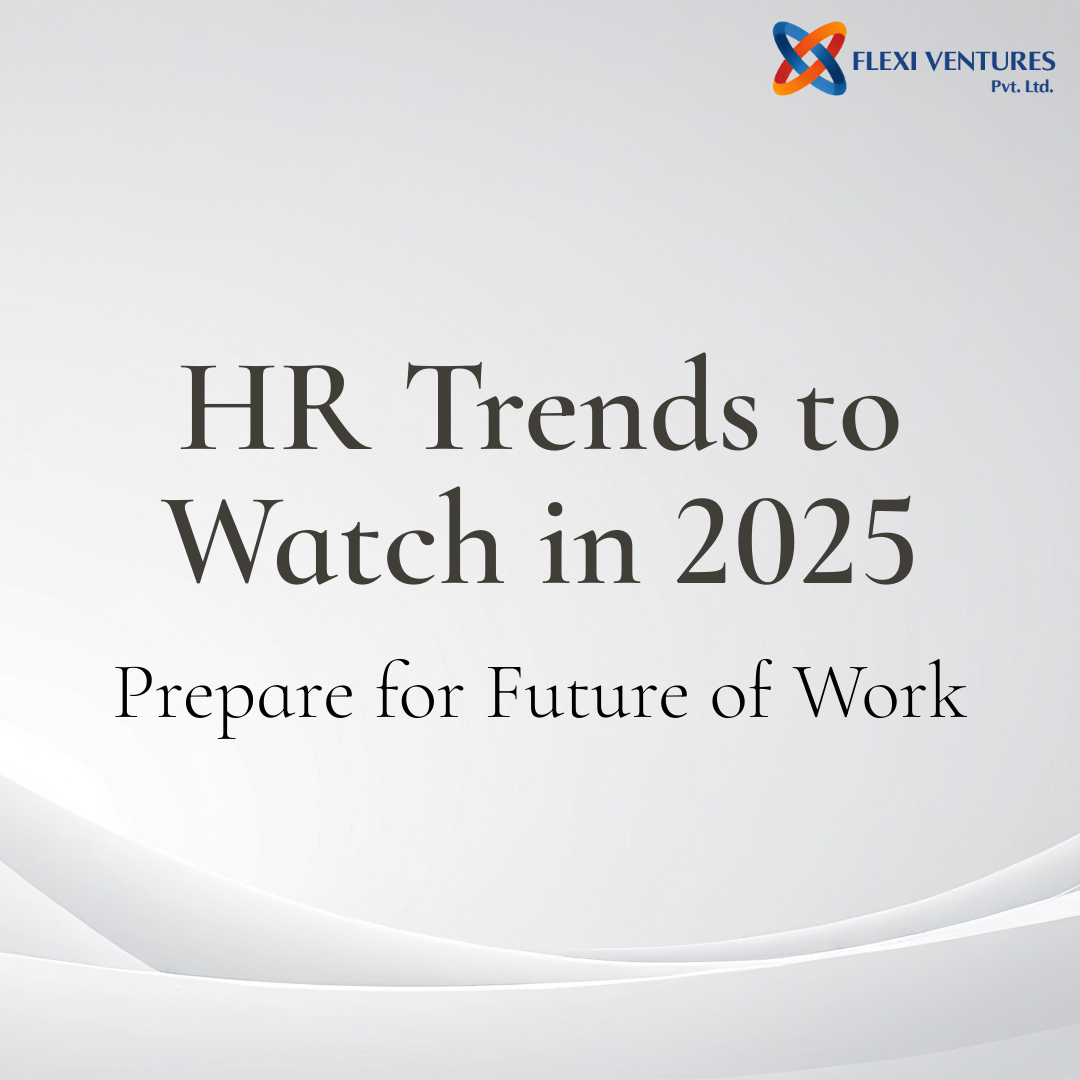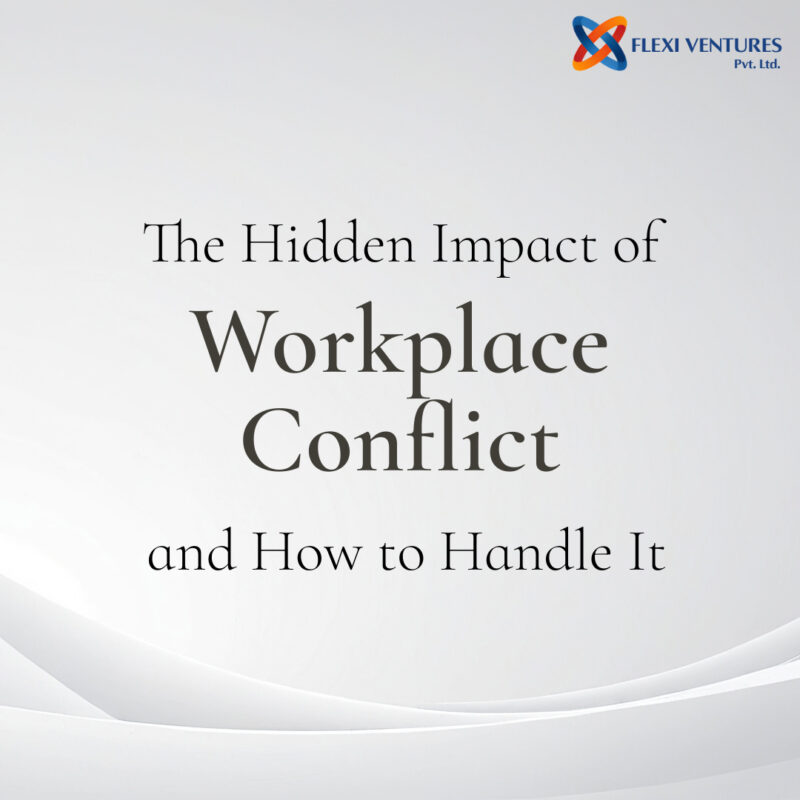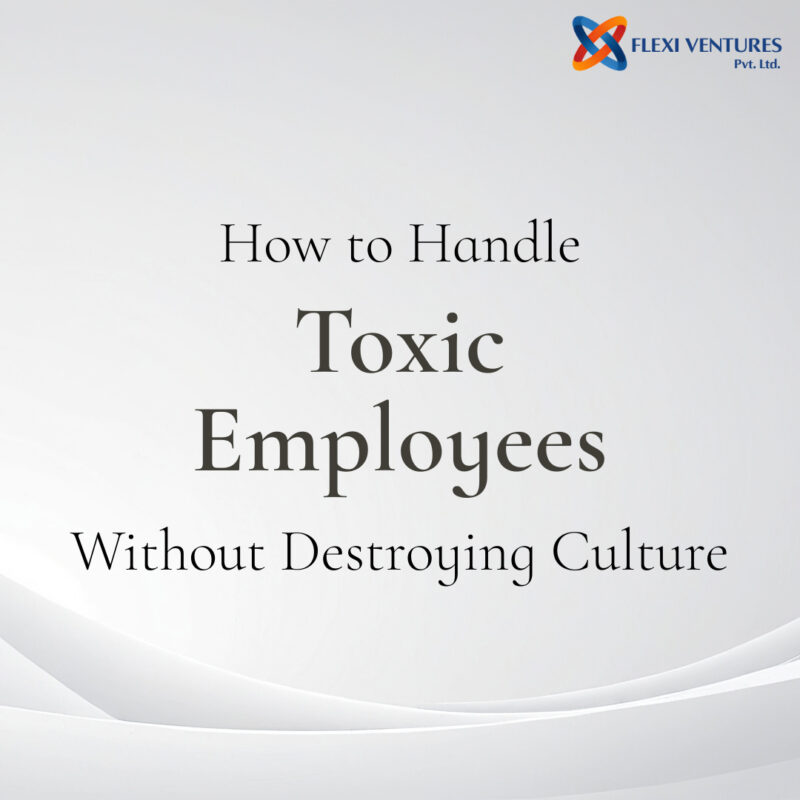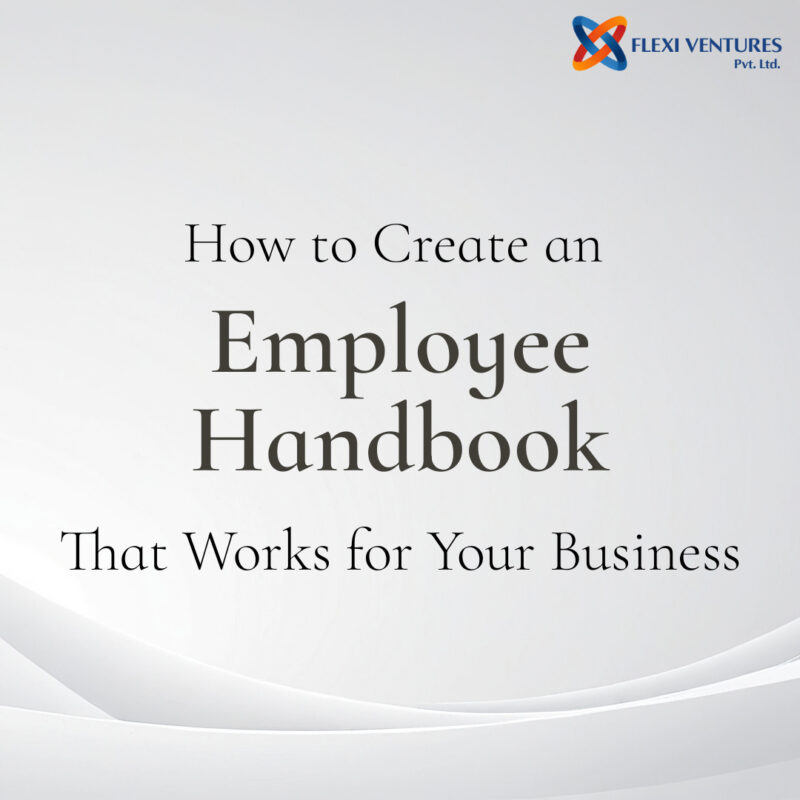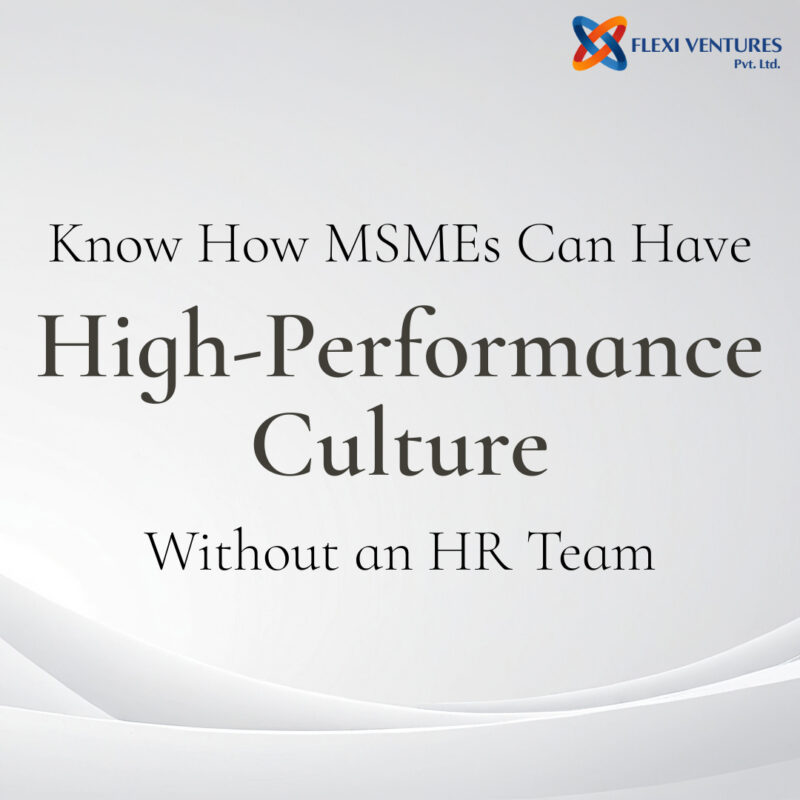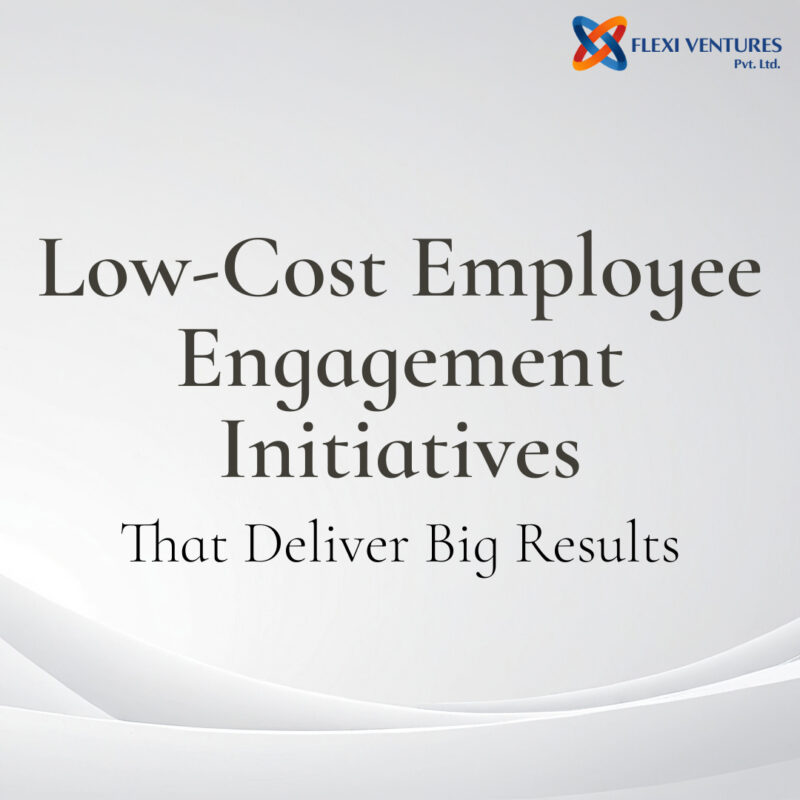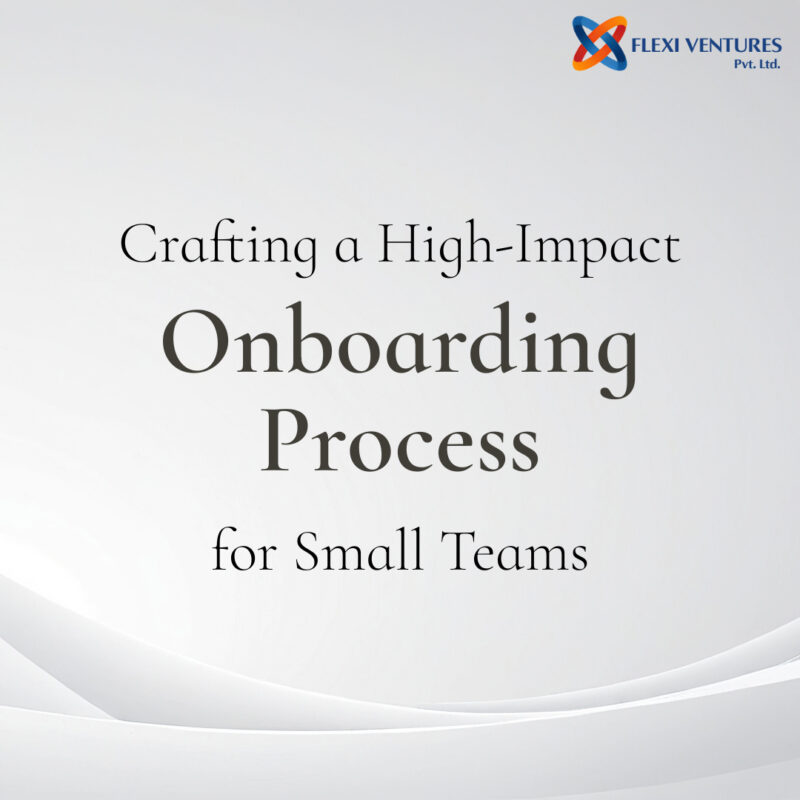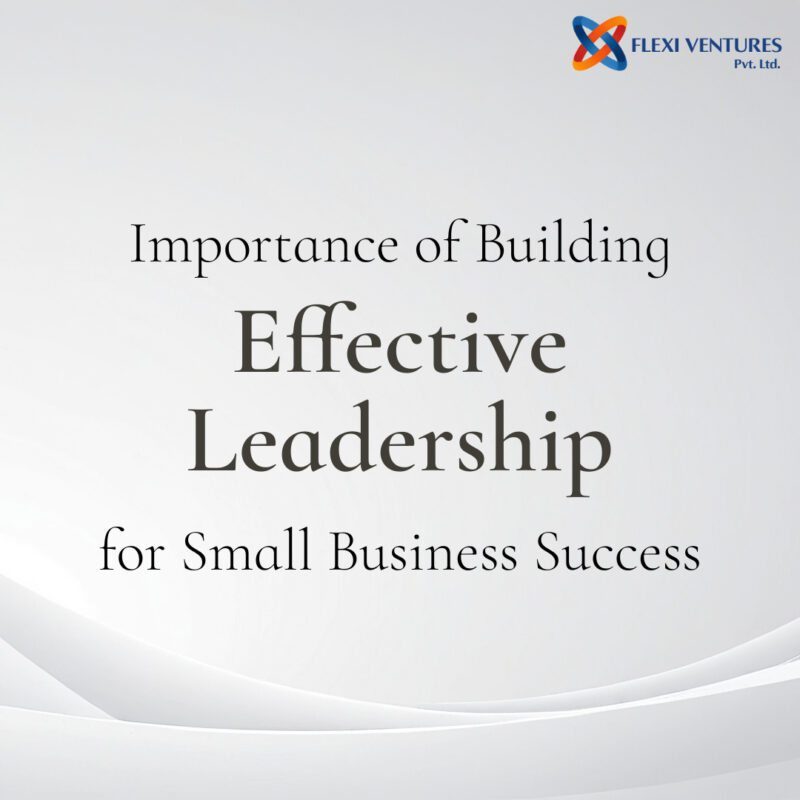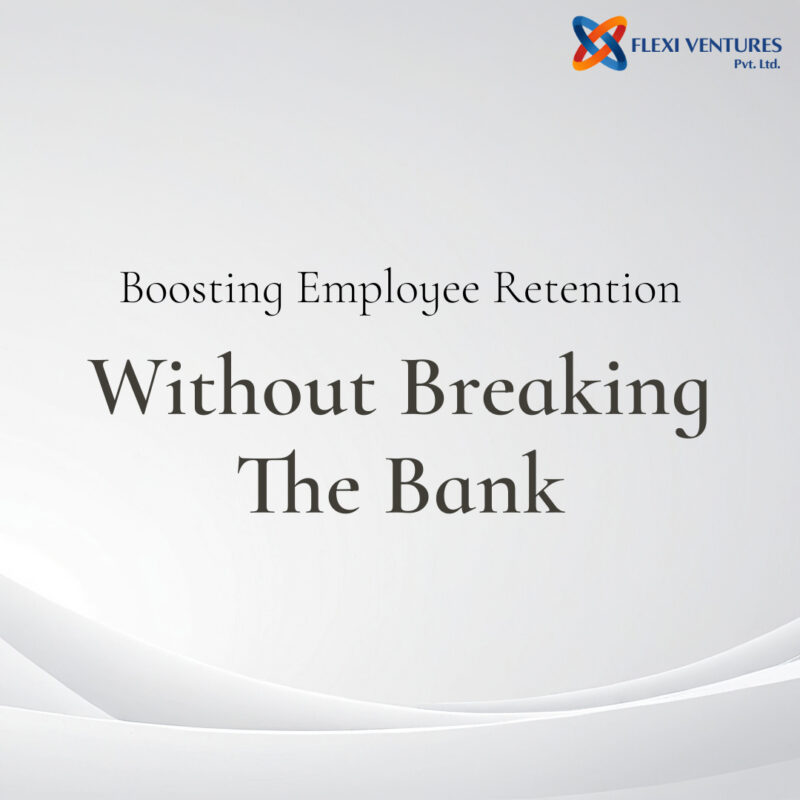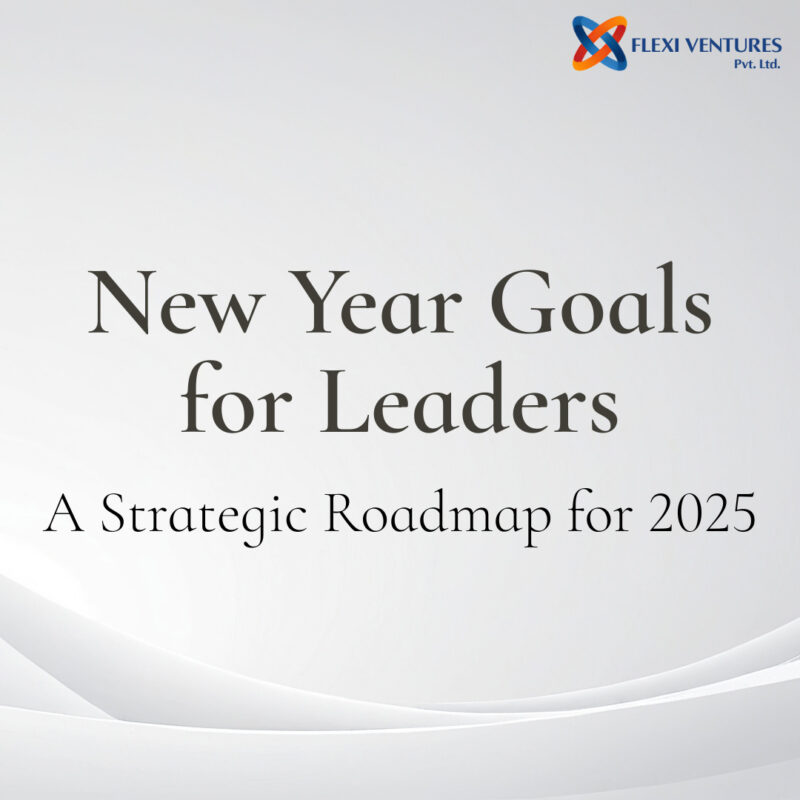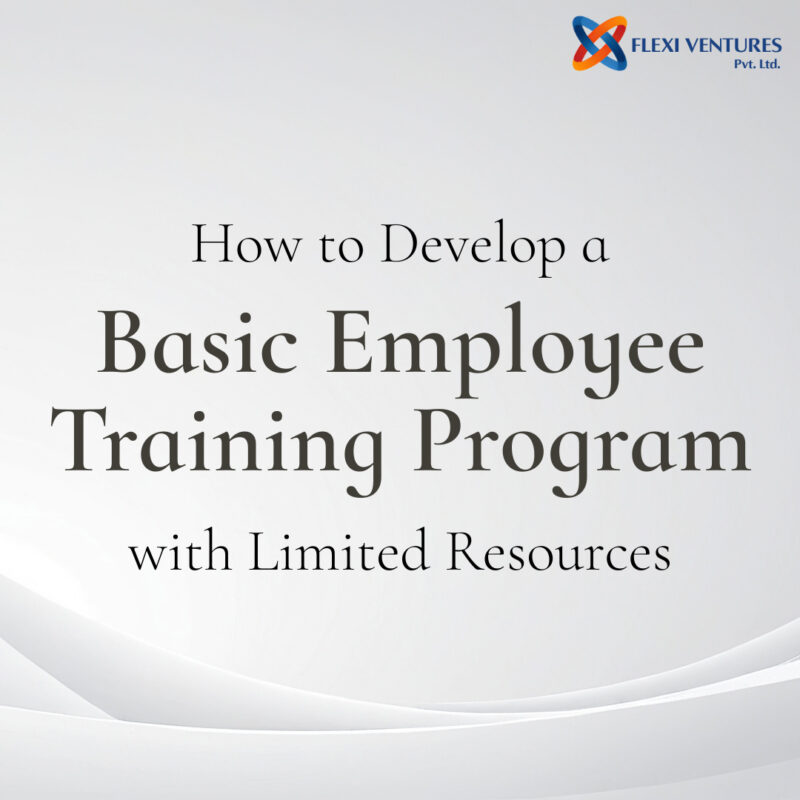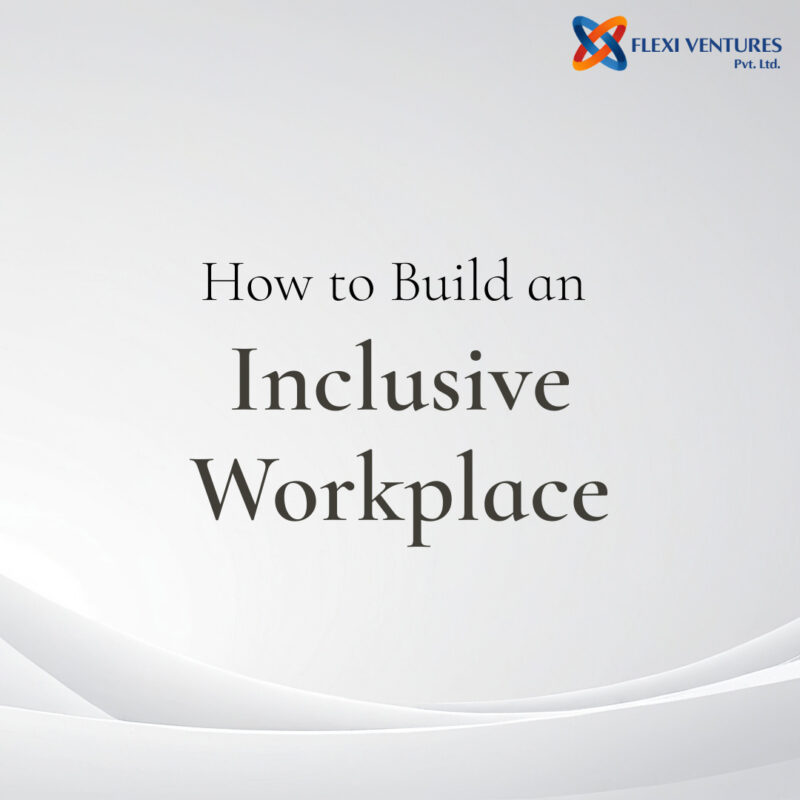Human Resources is on the brink of a major transformation. As we move closer to 2025, the HR landscape is evolving at a rapid pace, driven primarily by advancements in technology and shifting workplace expectations. HR professionals must stay ahead of these changes to attract, retain, and develop top talent.
Here are five emerging trends expected to redefine the workplace in 2025.
Trend 1: AI and Automation in HR
Artificial Intelligence (AI) is revolutionising HR, becoming an indispensable tool for enhancing efficiency and reducing manual workloads. Imagine focusing on strategic initiatives like engagement strategies or talent development while AI seamlessly handles repetitive tasks such as recruitment, onboarding, and payroll processing. Far from science fiction, AI is now HR’s trusted partner, streamlining operations and enabling impactful work.
AI Applications in HR
Modern AI-powered tools have transformed HR processes. Recruitment platforms can screen CVs in seconds, ensuring faster and more precise hiring decisions. Automated onboarding systems create a smooth start for new employees, while AI-driven payroll solutions precisely manage calculations. These tools operate tirelessly, offering consistent results without breaks, freeing HR teams to focus on more strategic priorities.
Empowering Talent Development and Culture
By automating routine tasks, AI allows HR professionals to dedicate more energy to talent development and fostering a positive organisational culture. Think of AI as the ultimate support system—taking care of operational tasks so HR teams can shine in roles that drive employee engagement and company growth.
Enhancing Employee Wellness and Engagement
Platforms like JustLogin exemplify how AI-powered solutions simplify HR processes. JustLogin integrates these tasks into a seamless, automated workflow from recruitment to payroll and appraisals. Its intuitive tools, including real-time analytics and customisable features, allow HR teams to remain agile and responsive, improving every stage of the employee journey. The result? A thriving workplace with enhanced employee experiences.
By embracing AI and automation, HR professionals can stay ahead in a fast-paced environment, building strategies that prioritise both business success and employee well-being.
Trend 2: Enhancing Employee Experience (EX)
Modern employees are seeking more than just financial stability; they’re prioritising workplaces that offer a fulfilling, supportive experience. By 2025, Employee Experience (EX) will focus on personalised initiatives and holistic well-being, fostering cultures that genuinely care for their workforce.
The Current State of EX
Today’s employees want to feel valued and understood. Companies are responding with initiatives that go beyond superficial perks, offering meaningful benefits like mental health support, personalised career development plans, and wellness programs. This evolution in EX isn’t just a morale booster—it’s a strategic tool for improving retention and engagement.
The Benefits of a Strong EX
When employees feel supported and appreciated, they are more engaged, productive, and loyal to their organisation. This creates a win-win scenario: businesses save time and resources by reducing turnover, while employees thrive in environments where they are empowered to reach their potential.
By prioritising a tailored and caring employee experience, organisations can cultivate a culture that supports both individual well-being and business success.
Trend 3: Embracing Remote & Hybrid Work
The shift to remote and hybrid work has transformed how businesses operate, and by 2025, these flexible arrangements will be the norm. However, with this evolution come unique challenges—how can organisations maintain strong communication and effectively manage performance across dispersed teams?
Tackling the Challenges
Remote work offers undeniable benefits, like increased flexibility, but it’s not without hurdles. Hybrid models often make collaboration, communication, and performance management more complex, especially across varying time sones. Strengthening team connections and ensuring productivity in these environments requires deliberate strategies and consistent effort.
Building a Strong Remote Work Toolkit
To make remote work sustainable, companies are investing heavily in digital solutions. These include platforms for seamless video conferencing, efficient project management, and virtual team-building activities. While “You’re on mute” moments are less frequent, maintaining the camaraderie of in-person interactions remains a challenge—one that these tools aim to bridge.
By prioritising the right mix of technology and thoughtful practices, organisations can create a connected, productive remote and hybrid workforce, ensuring both flexibility and performance are optimised.
Trend 4: Emphasising Skills-Based Hiring
In 2025, skills-based hiring is set to reshape recruitment practices. Employers are shifting their focus from traditional qualifications, like degrees, to prioritising candidates’ skills and competencies.
The Importance of Skills
This approach expands the talent pool, enabling companies to identify candidates based on their expertise rather than formal credentials. Skills-based hiring also creates opportunities for non-traditional candidates, often bringing diverse and innovative perspectives to organisations. By targeting relevant skills, businesses can onboard talent that is ready to contribute effectively from day one.
Investing in Growth: Upskilling and Reskilling
The shift towards skills-based hiring goes hand-in-hand with a growing emphasis on continuous learning. Organisations are prioritising upskilling and reskilling initiatives, fostering internal talent pipelines. This “grow your talent” mindset benefits both employees and employers. Employees feel valued as they develop professionally, while organisations gain a versatile and adaptable workforce ready to meet evolving challenges.
This focus on skills ensures that both hiring and employee development align with the demands of an ever-changing job market.
Trend 5: Harnessing Data for Smarter HR Decisions
In 2025, data will be the driving force behind HR strategies, enabling more informed and effective decision-making. HR professionals will use analytics to enhance performance, engagement, and overall business outcomes.
The Power of Key Metrics
Metrics such as employee engagement, turnover rates, and productivity levels provide HR teams with a clear understanding of what’s working and what needs improvement. With data at their fingertips, HR can move beyond intuition and make decisions backed by concrete evidence, fostering confidence and precision in their strategies.
From Insights to Action
Data-driven HR enables quick identification of challenges, monitoring of initiative effectiveness, and agile adjustments to improve outcomes. For instance, tracking engagement program results and seeing a measurable 20% turnover decrease empowers HR to refine its efforts continuously.
Data analytics ensures HR stays proactive, creating strategies that are not just reactive but also predictive, enhancing the overall employee experience and organisational success.
For more information on HR consulting or support services visit our website.
Visit our Website – www.flexiventures.in
Call – 8080100001

